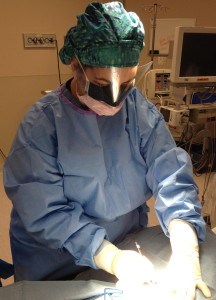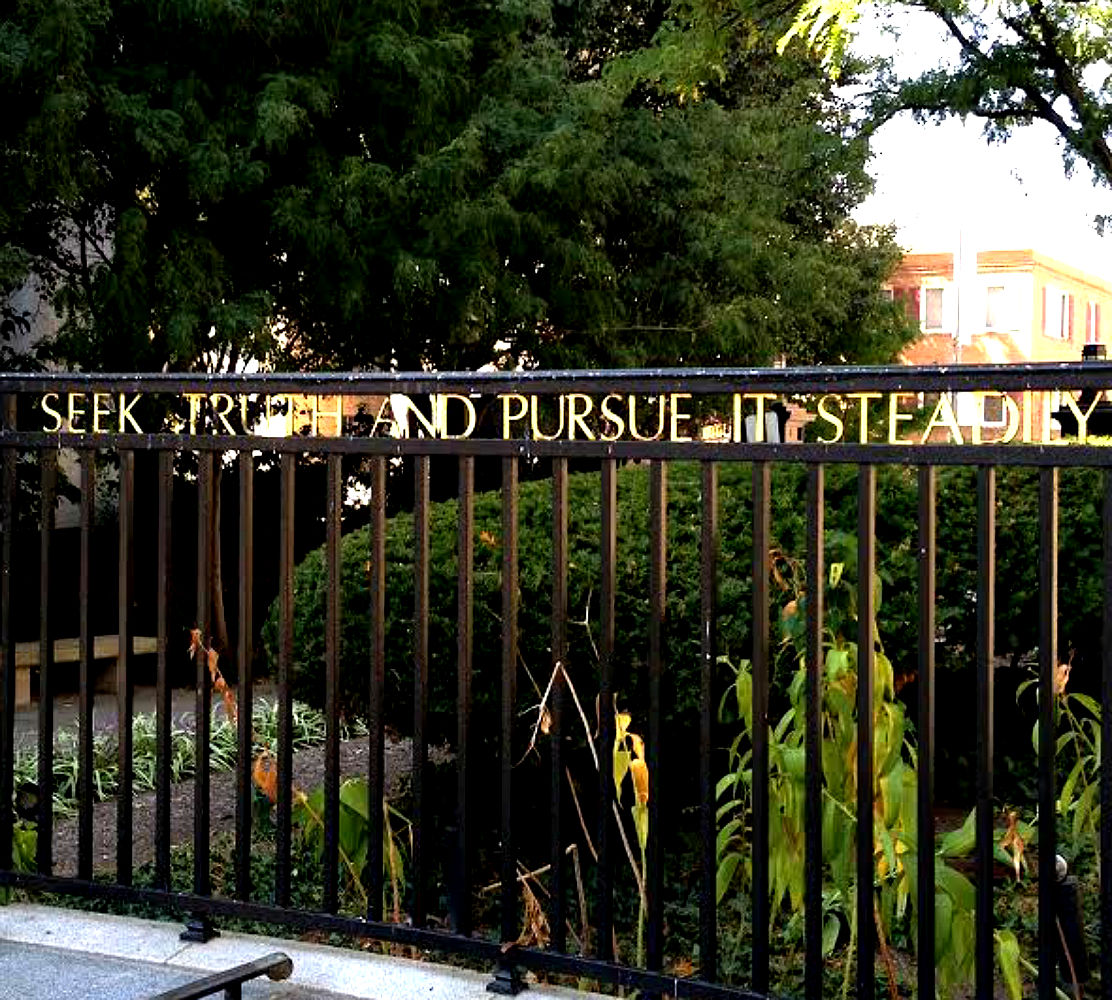“A good surgeon also has to have compassion and humanity, and not be someone who is arrogant and difficult to deal with.” – Dr. Thomas J. Russel (former Executive Director of the American College of Surgeons, New York Times interview)
“Like a Surgeon” – Weird Al Yankovic

Operating, like a surgeon.
I hear the comments frequently; in fact, I hear them all the time. At work I hear them from staff, from patients — even from non-surgical colleagues. I hear them away from work, when meeting new people who find out that I am a physician and a surgeon. I think many women surgeons hear the same:
“You’re not like a surgeon. You’re not like other surgeons.”
The comments tend to run along the same lines. You don’t look like a surgeon. You don’t act like a surgeon. You’re too nice, too caring, too compassionate, too thoughtful, too communicative (sometimes, too pretty). Most of the time, the comments are offered as compliments. They are proffered in a context attempting to make me feel welcomed and appreciated.
I understand these comments are meant as compliments, but what do they say about surgeons? And even more specifically, about women who are surgeons?
We all have stereotypes. They are a shortcut we all use to help us understand the people and world around us, especially the unfamiliar. But the unfamiliar becomes familiar, and people and groups evolve and change. Stereotypes are mired in ignorance and misinformation, and they help us to resist that change. At that point they do not serve any purpose, and in fact, harm rather than help.
These comments and compliments speak to the stereotypes of who we think our doctors are, what surgeons are like, speaking volumes about the image of surgeons. It is an image as unfair to men as it is to women. Continue reading →

